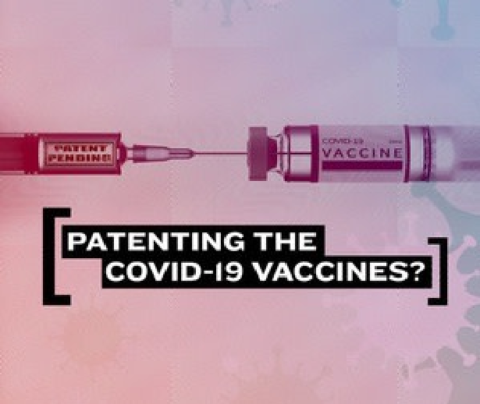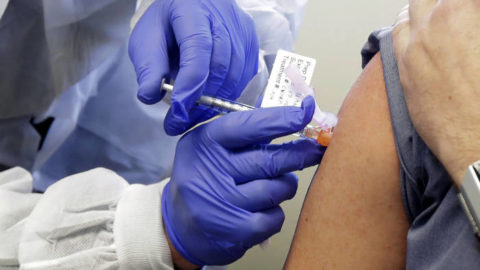This oped was published on the Financial Times on 25 April 2021
1998, 39 pharmaceutical companies sued Nelson Mandela’s South African government to stop legislation that allowed pharmacists to substitute generic HIV/Aids drugs for brand-name ones.
It was one of the dumbest things the industry ever did. What started as a legal battle became a human disaster, and a public relations debacle. Critics accused drug companies of valuing patents and profits more than patients’ lives.
The Covid-19 pandemic has been very different. Multiple vaccines have been developed in record time. There has been no price gouging of vaccines and treatments, unlike what occurred with face masks and personal protective equipment. Companies have also worked to ensure equitable access. In February, weeks after WHO approval, doses were delivered to Abidjan and Kigali at the same time as Tokyo.
Yet, we cannot deliver the billions of vaccine doses needed around the world if we fail to increase manufacturing capacity. Before Covid-19, annual global vaccine production, including seasonal flu shots, totalled 5bn doses. During the pandemic, vaccine manufacturers have continue to produce those, but are adding new capacity to make more than 10bn Covid-19 shots.
The challenge of scaling up manufacturing was foreseen as early as March 2020, when industry leaders knew they would need partnerships to increase capacity. Since then, they have screened hundreds of companies around the globe to find the best fits for their needs, and overhauled their supply chains to source components.
Their efforts are paying off. So far, manufacturers have produced 1.3bn vaccine doses. If all goes well they could make 10bn this year, enough to achieve global equity in vaccine distribution and attain worldwide herd immunity by March 2022, according to the World Bank.
But challenges remain. Vaccine supply chains are international. The BioNTech/Pfizer vaccine contains 280 ingredients sourced from 19 countries. Moderna’s, AstraZeneca’s, and Johnson & Johnson’s are similarly complex.
Export controls threaten these supply chains. The US government is currently blocking companies from shipping 37 critical items, including adjuvants — an ingredient that helps the immune system create antibodies — to nations like India, where many vaccine manufacturing plants are located. Adar Poonawalla, CEO of the Serum Institute of India, recently implored President Joe Biden “to lift the embargo of raw material exports out of the US so that vaccine production can ramp up”.
Greater visibility in the supply chain, would help avert bottlenecks. A breakdown in the supply of bioreactor plastic bags, for example, can set back output by weeks or even months.
The pharmaceutical industry has learnt the lessons of the Aids crisis, when it took years for drugs to reach sub-Saharan Africa. Vaccine production and distribution has grown rapidly, thanks to numerous manufacturing partnerships. Rather than impede collaborations and technology transfers, IP protection gave companies the confidence to work together.
The way out of this pandemic is to increase vaccine production as fast as possible. Dismantling IP protections would distract from that vital task.








